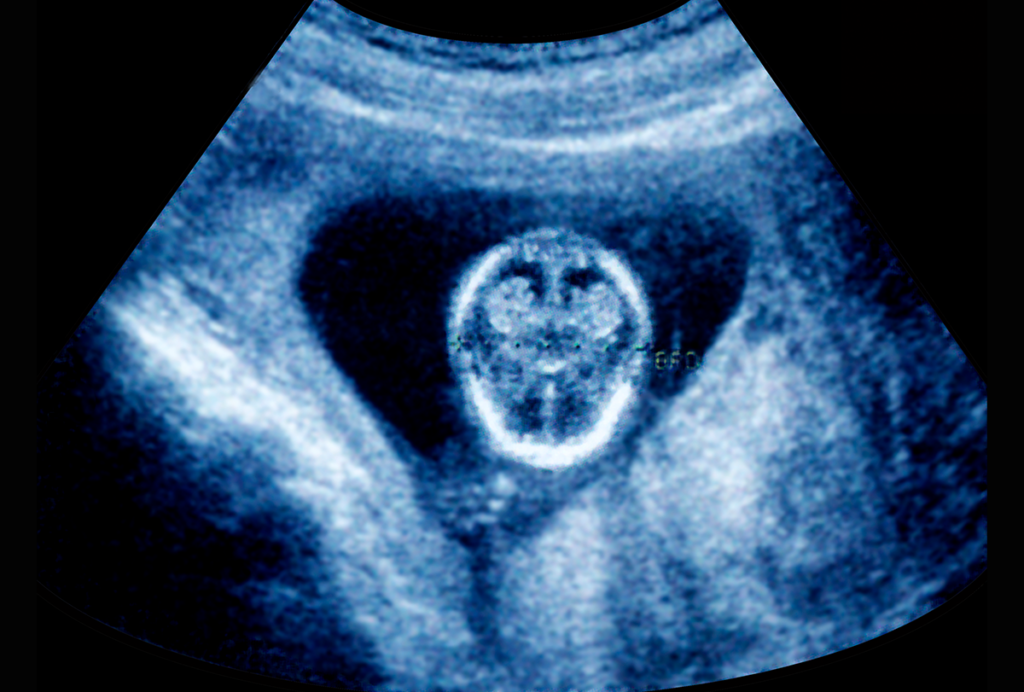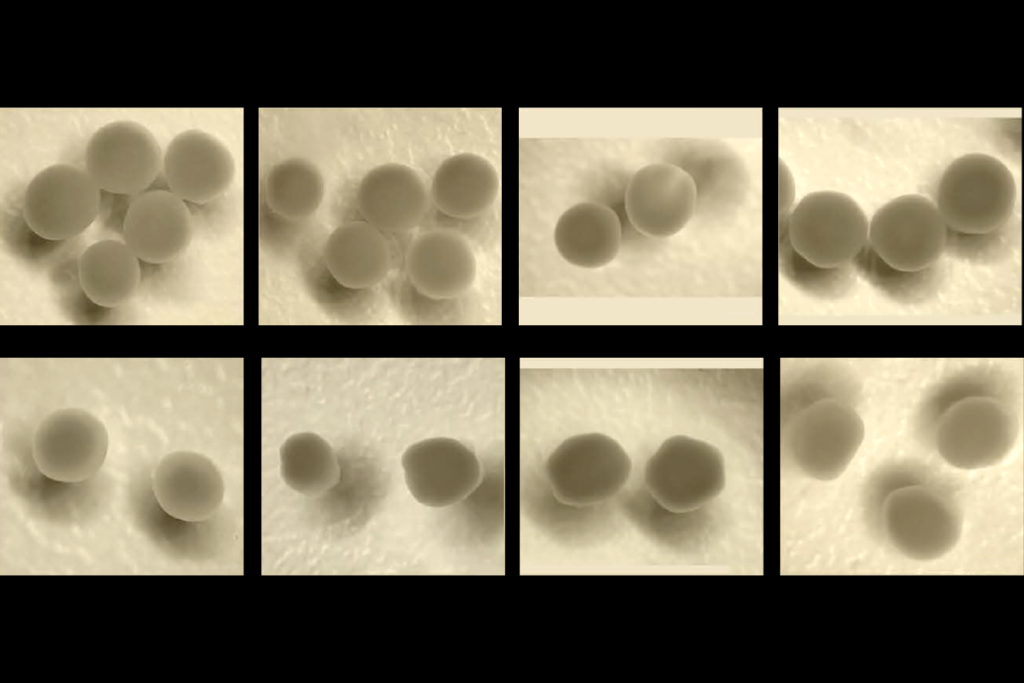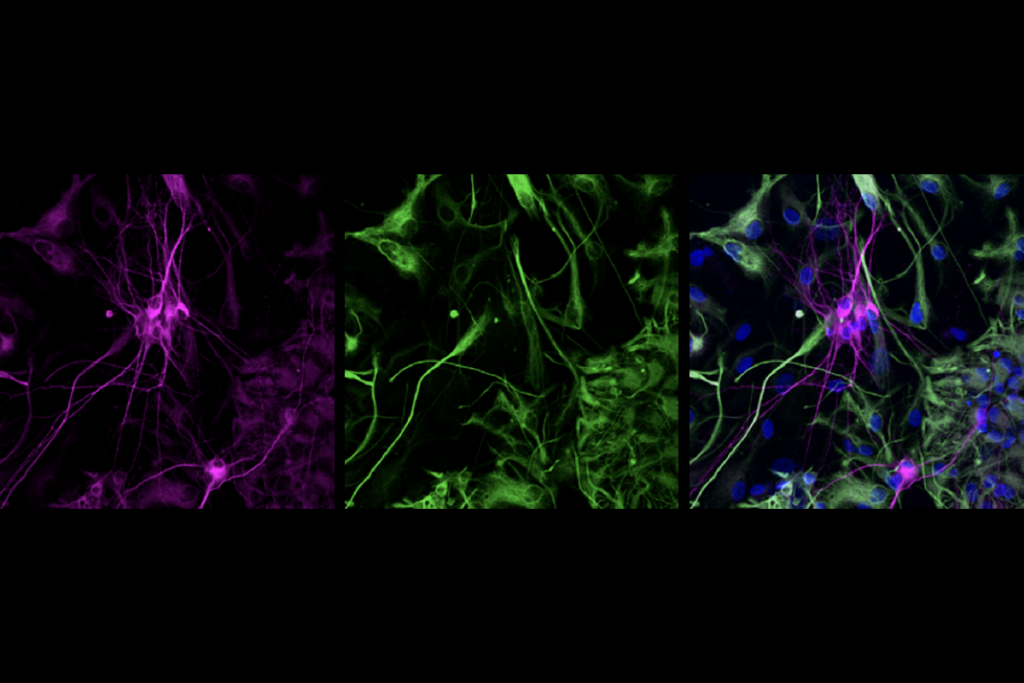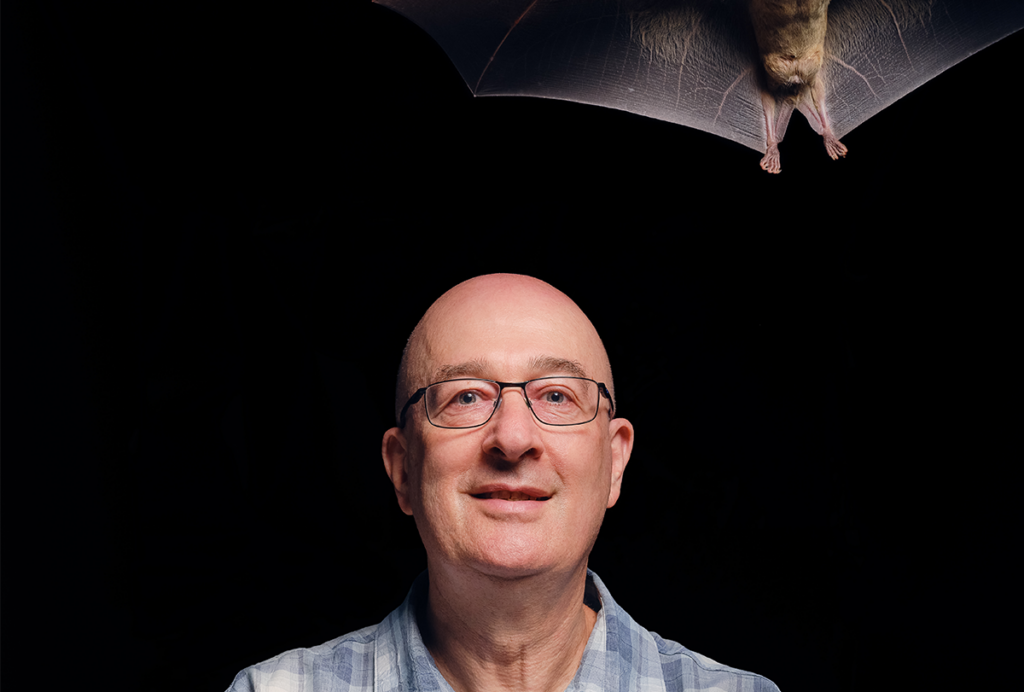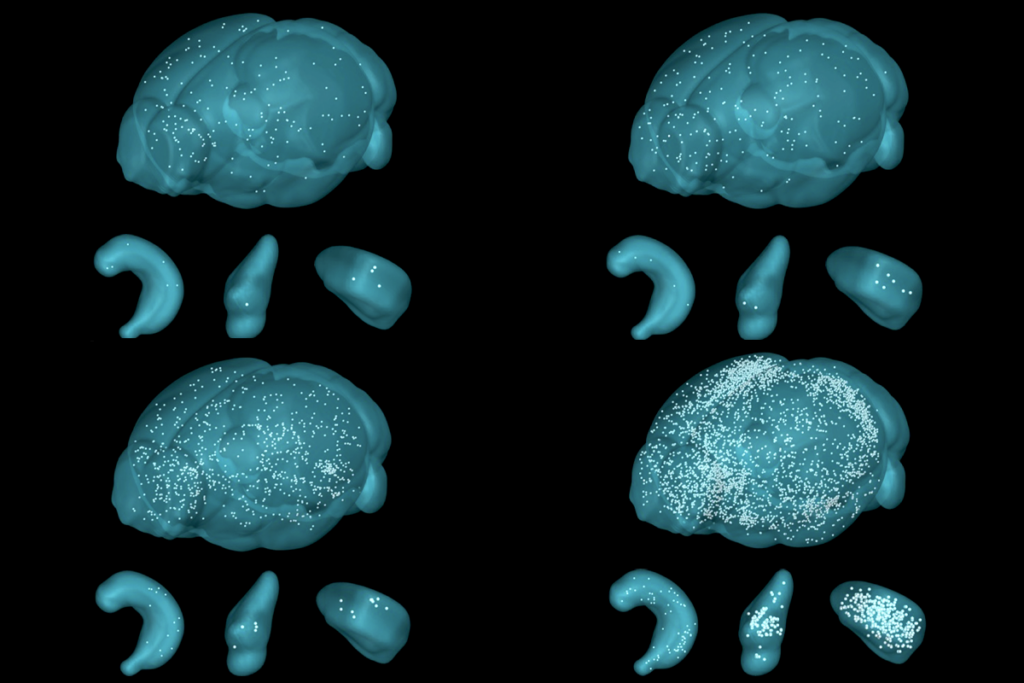This week, Twitter was, well, atwitter, in response to a viewpoint article in JAMA Pediatrics that challenges autism researchers to reconsider behavioral interventions from a neurodiversity perspective. The piece states that “increasingly, parents are expressing reservations about enrolling their child in early intervention programs, citing concerns that such programs do not value neurodiversity and, instead, prioritize changing their child’s behavior to fit neurotypical norms.”
Among a bevy of tweets sharing and quoting the article, Yasser Ad-Dab’bagh, a neuroscience and mental health researcher at King Fahad Specialist Hospital in Saudi Arabia, called the viewpoint an “important perspective that is a #MustRead.” Viewpoint co-author Lauren Franz, assistant professor of psychiatry and global health at Duke University in Durham, North Carolina, tweeted that the article was a “wonderful collaborative effort.”
Important perspective that is a #MustRead
—
Reconsidering the Goals of Autism Early Behavioral Intervention From a Neurodiversity Perspective https://t.co/xwVArE3tdE via @JAMAPediatrics part of @JAMANetwork— Yasser Ad-Dab’bagh (@yasseraddabbagh) July 12, 2022
Wonderful collaborative effort :-). @GeriDawson @DukeAutismCtr
Reconsidering the Goals of Autism Early Behavioral Intervention From a Neurodiversity Perspective https://t.co/kG6qpIDE28 via @JAMAPediatrics— Dr Lauren Franz ???????????????? (@laurenfranz78) July 11, 2022
Tony Charman, professor of clinical child psychology at King’s College London in the United Kingdom, tweeted that “there are very different perspectives on these issues but some some [sic] of the paths (and goals) may be shared…?”
There are very different perspectives on these issues but some some of the paths (and goals) may be shared…? @GeriDawson @laurenfranz78 Reconsidering the Goals of Autism Early Behavioral Intervention From a Neurodiversity Perspective https://t.co/9s6p1gPZ6Q via @JAMAPediatrics
— Tony Charman (@TonyASDorAFC) July 14, 2022
In a separate tweet, the Autism Science Foundation noted that early intensive behavioral intervention “improves outcomes for people across the spectrum, and is not in conflict with #neurodiversity.”
A new viewpoint in @JAMAPediatrics points out that #EIBI improves outcomes for people across the spectrum, and is not in conflict with #neurodiversity.
Read it here: https://t.co/PeYNQ3qo5R
— ASF (@AutismScienceFd) July 12, 2022
In other Twitter news, Autism in Adulthood announced that it has been accepted to PubMed Central, an online repository for biomedical journals, noting that “full text versions of ALL articles published in AIA will be available for FREE 12 months after publication!”
So excited that @AutismAdulthood has been accepted into PubMedCentral! That means full text versions of ALL articles published in AIA will be available for FREE 12 months after publication!
(Apologies for an earlier tweet that was slightly inaccurate)https://t.co/3ovX9LgtqR
— AutismInAdulthood (@AutismAdulthood) July 15, 2022
The announcement elicited a wellspring of excitement and congratulations, such as that from Jo Billington, a doctoral researcher in the Centre for Autism at the University of Reading in the U.K., who tweeted, “This is an excellent journal and I’m really pleased that their articles will now get a wider audience. Spread the word!”
This is an excellent journal and I’m really pleased that their articles will now get a wider audience. Spread the word! https://t.co/C8TTqLcuLA
— Jo Billington (@MsJoBillington) July 12, 2022
From the in-case-you-missed-it files, the University of Michigan tweeted about a virtual-reality training program to help people with autism enter the workforce, which was featured in a recent Chicago Tribune article. (Spectrum also highlighted the study evaluating that training program).
A virtual reality job interview training program created by researchers from @UMSocialWork, @UMichLSA, and @UMichMedicine was featured in a @ChicagoTribune article that outlines how to help people with autism enter the workforce. https://t.co/OIcOMJni31 #VR pic.twitter.com/X0TqDU69gN
— University of Michigan (@UMich) July 12, 2022
Matthew J. Smith, associate professor of social work at the University of Michigan in Ann Arbor and an investigator on the study, was appreciative of the Chicago Tribune for highlighting the value of the program.
Appreciate Dr. Lisa Yeh @AARTSCenter @chicagotribune @UMich for highlighting the value of the @SIMmersion_PR #virtualreality job interview training for helping the #Autism #AutismAcceptance #autistic #ActuallyAutistic communities gain employment!! https://t.co/pvXXdTJcC2 https://t.co/YweVdcO6Sj
— Dr. Matthew J. Smith (@Dr_JobGetter) July 12, 2022
For an apt conclusion for this week’s Community Newsletter, we turn to a study in Autism Research that looked at study recruitment through social media. It found that “sampling from online channels may be associated with a high risk of sampling bias causing findings not to be generalizable to the autism population.”
“Social media is a bubble. It might be an important bubble to some but it’s still a bubble,” tweeted Paul Whiteley, director of ESPA Research in the U.K.
Representativeness of autistic samples in studies recruiting through social media https://t.co/Vmfch9yZkx Unsurprisingly “results may thus not be generalizable to autism in general.” Social media is a bubble. It might be an important bubble to some but it’s still a bubble.
— Paul Whiteley (@PaulWhiteleyPhD) July 11, 2022
In reference to the same article, Michelle Dawson, an autism researcher at Hôpital Rivière-des-Prairies in Montreal, Canada, wondered: “What samples of autistics are representative?”
Samples of autistics recruited for online surveys via social media are not representative “of the autism population as a whole”? https://t.co/tHJ0sl6xQZ note: but what samples of autistics are representative? free
— Michelle Dawson (@autismcrisis) July 9, 2022
Becky Wood, senior lecturer in special education at the University of East London, tweeted her agreement with Dawson but also wrote, “I think the article addresses a valid point.” In a separate tweet, she wondered why the research made no mention of COVID-19, “given nearly all articles were from 2019 or later.”
Seems odd not to have mentioned Covid given nearly all articles were from 2019 or later.
— Dr Becky Wood (@thewoodbug) July 9, 2022
What do you think? Is recruiting for autism research through social channels a good idea?
That’s it for this week’s Community Newsletter! If you have any suggestions for interesting social posts you saw in the autism research sphere, feel free to send an email to [email protected].
Follow us on Facebook, Twitter (@Spectrum), Instagram and LinkedIn.
Subscribe to get the best of Spectrum straight to your inbox.

